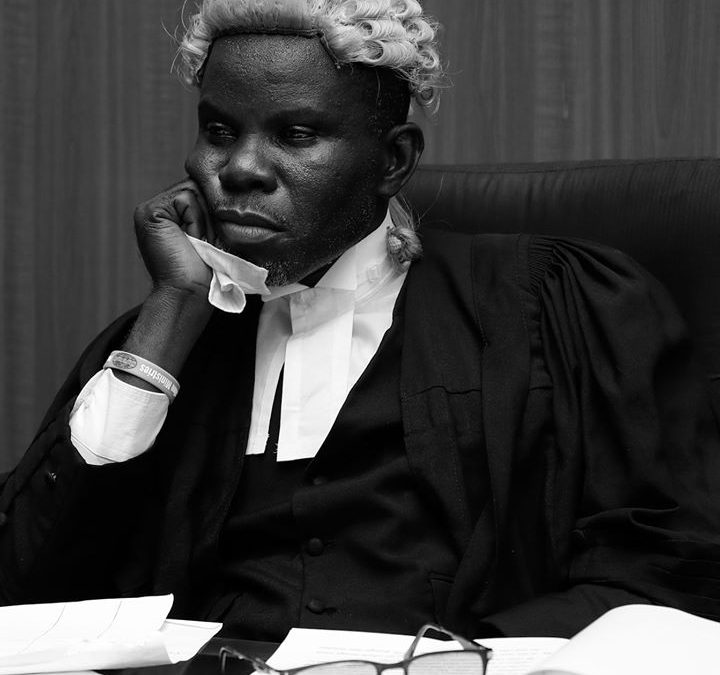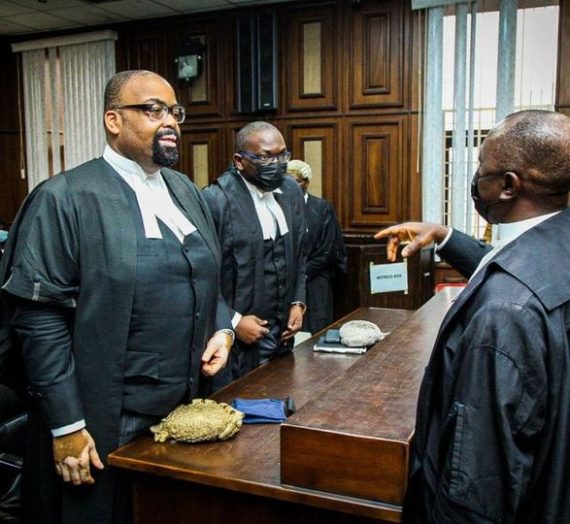Thank goodness our first appearance is off the table. We are however still grinding our legal teeth – the litigation pair that is.
But there is that strain. The slight inconvenience of being a ‘junior’ Counsel in Court and with another junior appearing for the adverse party. You arrive Court before 9am, take a seat where your shiny new wig would permit. Then you search for your matter on the cause list. This is not the Federal High Court or the Court of Appeal. Not at all. For those, you would have a senior leading your humble learned self. This is the State High Court and you are the junior whose matter has been listed as number 22 on a cause list of 22 matters.
You know the feeling. It’s like coming last in class. Or maybe not, since you reason you could negotiate your position forward by seeking the kind permission of your learned seniors in Court. You seek that kind permission. Very humbly you ask. But sometimes that kind permission is unkindly withheld. You frown. Clearly another day of yours has been involuntarily assigned to you sitting through till the Court rises. Just like it happened last week, and the other before.
The wait for all seniors present to finish prosecuting their cases so you get to ‘indicate your interest’ in number 22 on My Lord’s cause-list can be distressing. But within that period, just like within every other period during our professional career; you and I can do two things by simple and careful observation –
We can learn ‘how to’. And We can learn ‘how not to’.
In effect we can learn – How to approach matters before a particular Judge, how to deal with various issues that may arise in the course of arguing a contentious application, how a particular principle of law is applied to a set of facts etc.
So if we see an issue excellently handled or successfully navigated– that is ‘how to’. When we can, it can be advised that you replicate same.
If we see an issue improperly handled and thus necessitating a stern rebuke from the bench (in some cases) – that is how not to. When tempted to do same, it is advised that we kindly call on all celestial forces we know to help us overcome such an urge.
Even in chambers these two learning pathways in my respectful view are always open. How to and how not to. We can choose either at any relevant time.
Litigation Notes are a series of short courtroom and practice lessons gleaned from the personal practice journal that chronicles the green wig years of Frederick Nkobowo Esq. They represent his considered and respectful opinion which could change as his age at the bar inevitably progresses. It is respectfully hoped that these notes would proffer some aid to other practitioners even as the writer looks to gathering more learning. He practices in Delta State and can be reached via fredericknkobowo@gmail.com



